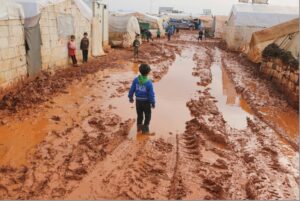
15 November, 2024
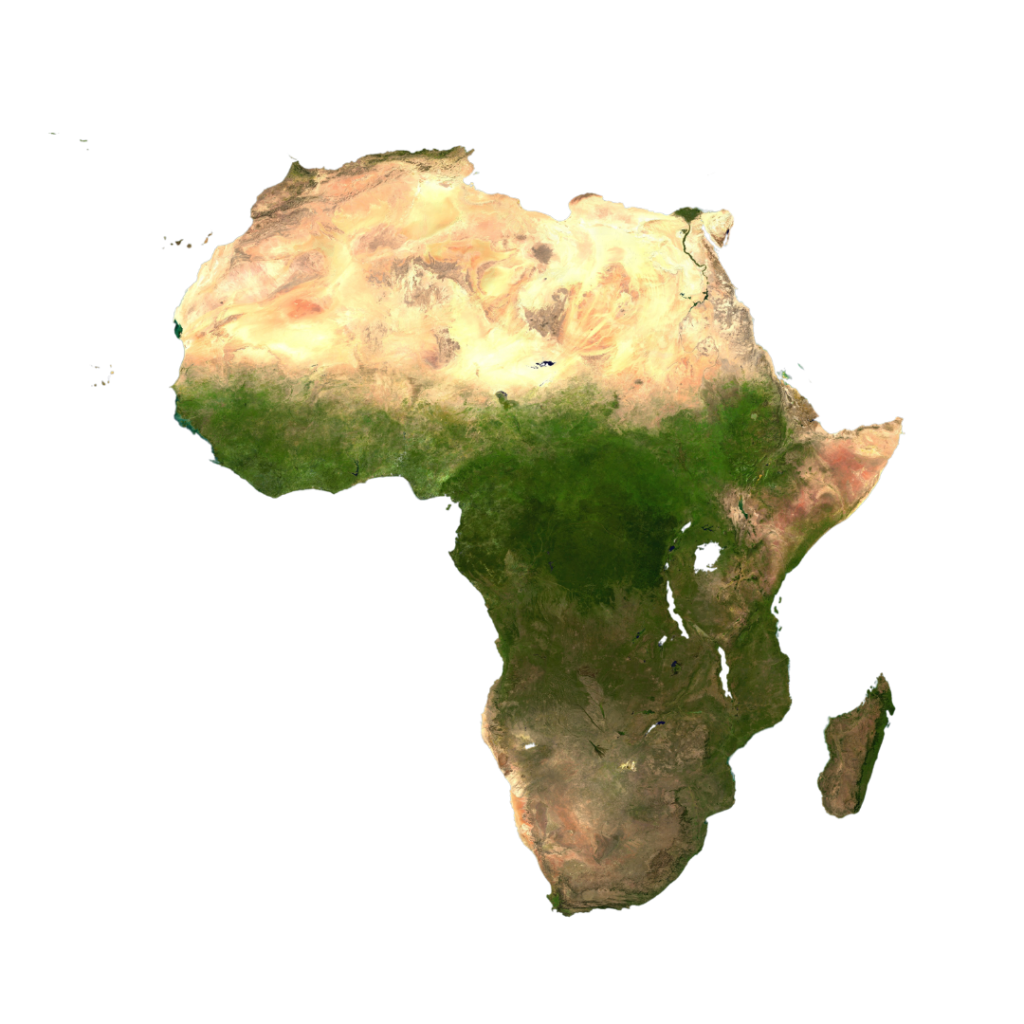
The African continent produces only 3 percent of global greenhouse gas emissions, yet it is one of the areas most affected by climate change at a global level. In the challenge of the energy transition to a zero-emissions world, combining climate goals with development opportunities and building resilient economies in line with the goals of the Paris Agreement represent two pressing challenges for Africa – challenges that it has the credentials to address and overcome.
Indeed, Africa has significant potential in the area of energy transition, especially in renewable energy and critical raw materials. Such potential is contributing to nurture (albeit heterogeneously) the interests of several global players towards Africa, including Europe and Italy.
The European Union is investing more and more in partnership with Africa; the continent is also the target of a renewed interest byItaly, as demonstrated by the “Mattei Plan for the development of African countries” announced by the Meloni government in 2023. For Rome, promoting the development of the African continent responds first and foremost to the need to promote stability and prosperity to stem migration flows towards Europe. Alongside political and security dimensions, energy also plays an increasingly central role in Italy’s focus on Africa. A role that has been prioritized in the aftermath of the Russian invasion of Ukraine, as part of the decoupling from Russian gas supplies.
As projections by the International Energy Agency (IEA) show, new investments in African oil&gas are no longer necessary either in the framework of a net-zero by 2050 scenario or to meet declining Italian and European demand. Moreover, oil&gas development on the continent shows how the related premises of prosperity and development have never materialized.
On this page, ECCO brings together analyses, reflections and recommendations related to the energy transition in Africa. In doing so, ECCO explores alternative models of cooperation and partnership between African countries, Italy and Europe by also drawing on its ties with organizations of the African civil society.

15 November, 2024

12 November, 2024
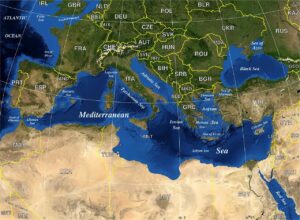
8 November, 2024
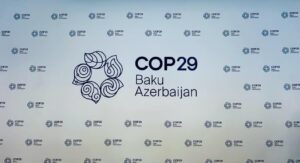
7 November, 2024
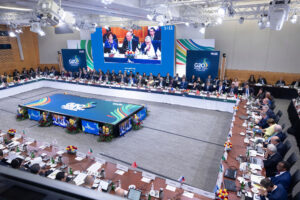
4 November, 2024

31 October, 2024